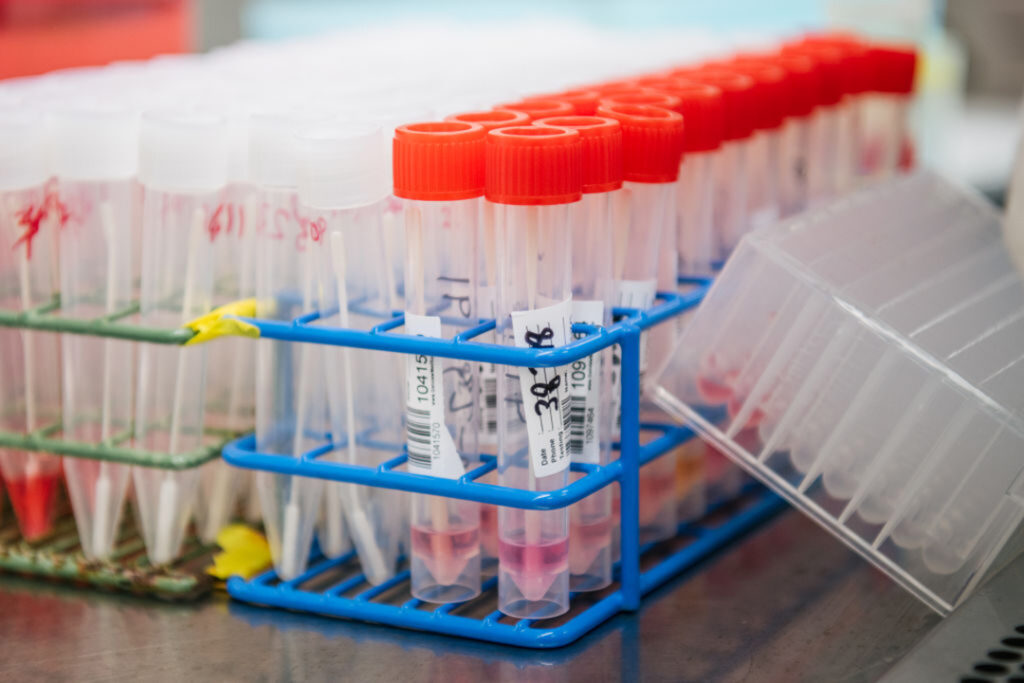ADF STAFF
Scientists are tracking the latest variation of the COVID-19 virus dubbed “deltacron” because it appears to be a hybrid of the delta and omicron variants.
First identified in Cyprus, the deltacron variant has appeared in low numbers in Brazil and in several European countries, including France. The initial report of deltacron met with skepticism from researchers across the world, but the World Health Organization (WHO) has confirmed its existence.
Deltacron has not been reported yet in Africa, even though the delta variant has been detected in 44 countries and omicron in 50, according to the Africa Centres for Disease Control and Prevention.
Health experts say the new variant, known scientifically as a recombinant, is expected given the high levels at which delta and omicron have circulated. The hybrid virus likely formed in the body of a person who had been exposed to delta and omicron at the same time.
“This happens whenever we are in the switchover period from one dominant variant to another,” Dr. Jeffrey Barrett, former head of the COVID-19 genomics initiative at the United Kingdom’s Wellcome Trust Sanger Institute, told The Guardian.
In most cases, such crossover strains are oddities and “not much more than that,” Barrett said.
Early studies show that deltacron’s transmissibility is nearly at the same level as measles, which ranks among the most contagious human viruses. So far, however, deltacron appears to pose no greater threat than its predecessors.
“We haven’t seen any change in the epidemiology. We haven’t seen any change in the severity,” said Maria Von Kherkove, the WHO’s technical lead on COVID-19.
There are many studies of deltacron underway, Von Kherkove said.
Widespread testing remains the key to tracking the development and spread of deltacron and other variants, Von Kherkove said.
However, testing has begun to slow down as the latest wave of COVID-19 infections has subsided.
“Given our lack of testing and reduced testing around the world, we are unable to track this virus as we should,” Von Kherkove said.
It’s critical that the systems established for surveillance, testing and sequencing of the virus be reinforced to alert health systems to the appearance of future variants of COVID-19, she added.
Countries also need to continue to take precautions against further spread of the virus, including masking, hand-washing and social distancing, Dr. Mike Ryan, executive director of the WHO’s Health Emergencies Programme, said during a recent briefing.
Each new COVID-19 infection creates an opportunity for new variants to evolve.
“We can manage many of these risks,” Ryan said “But the risks will continue, and there needs to be monitoring of that risk. And it needs to go on for a very long time.”

